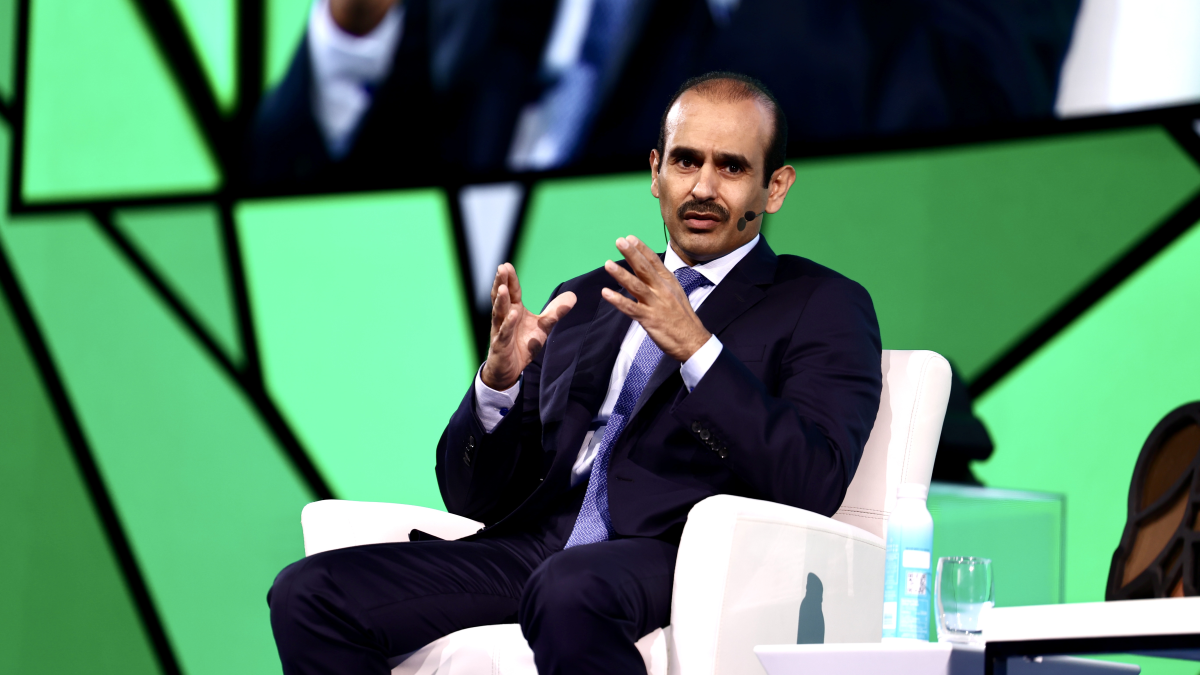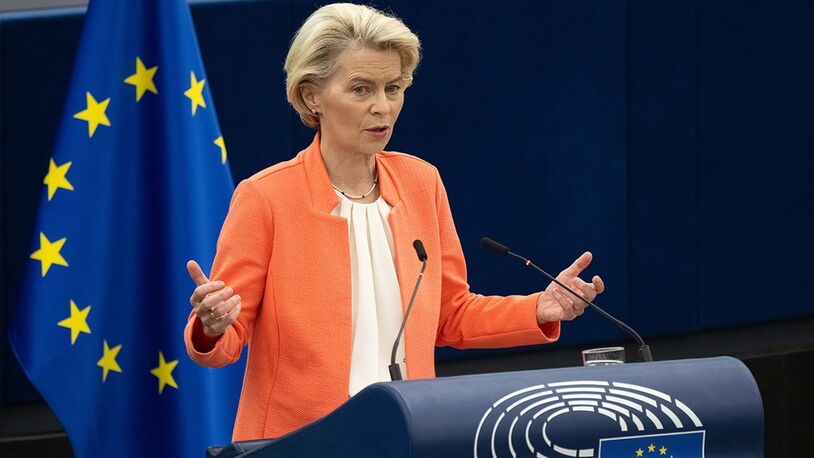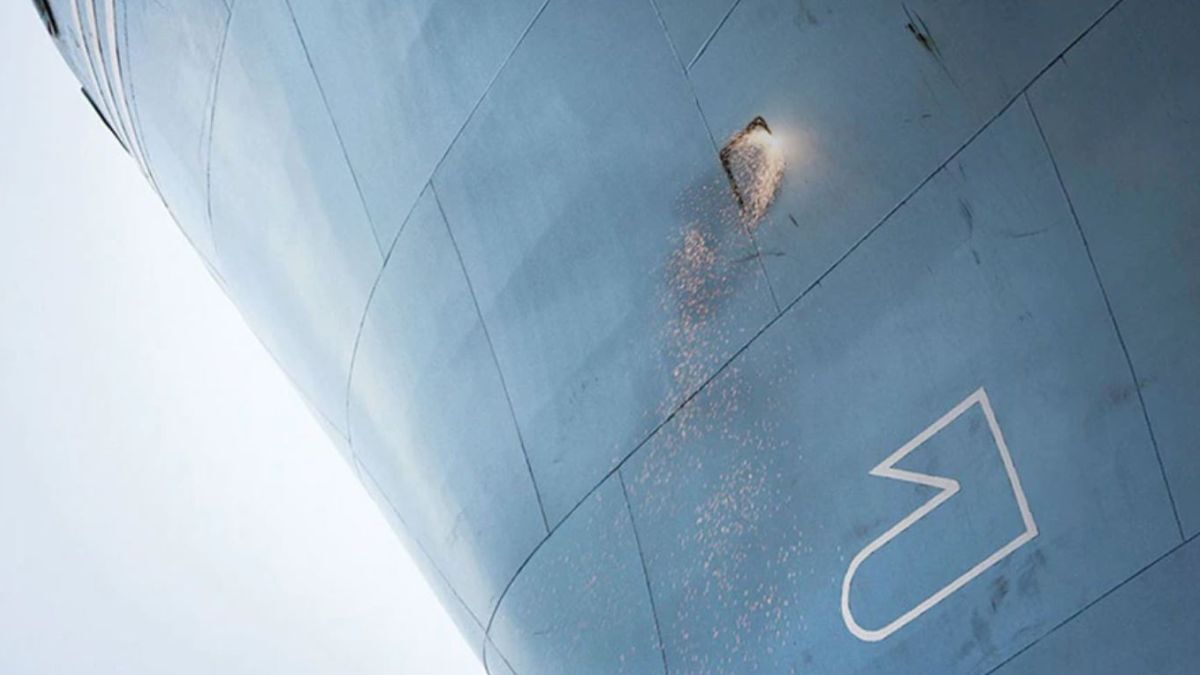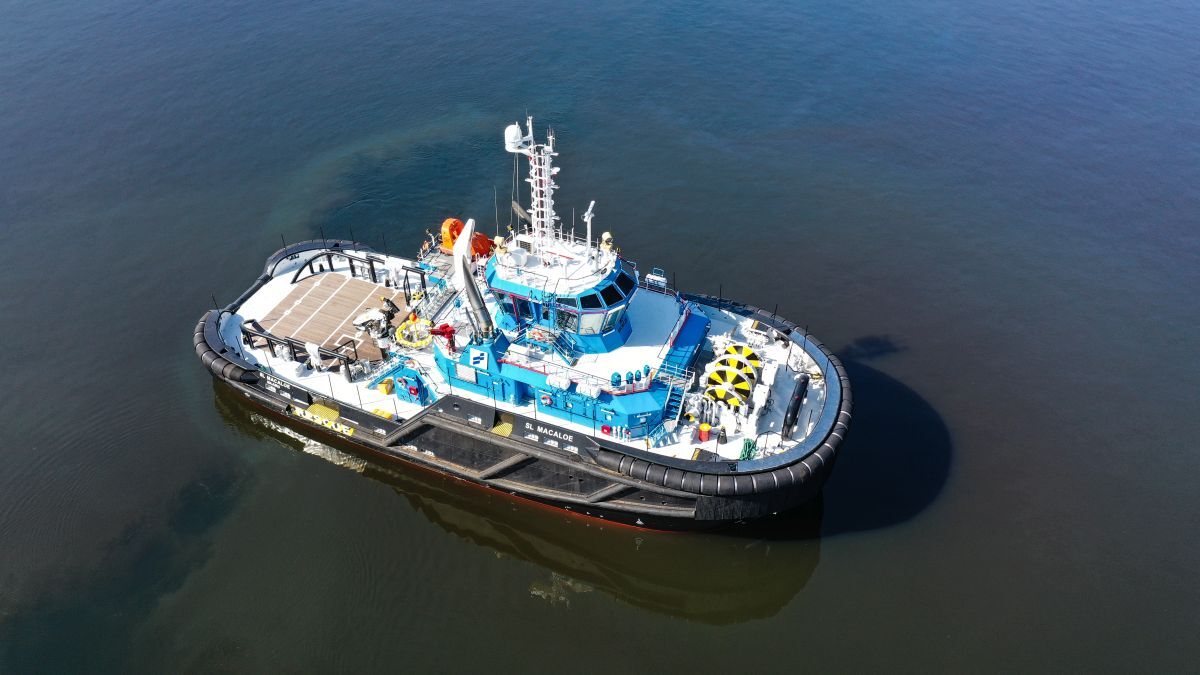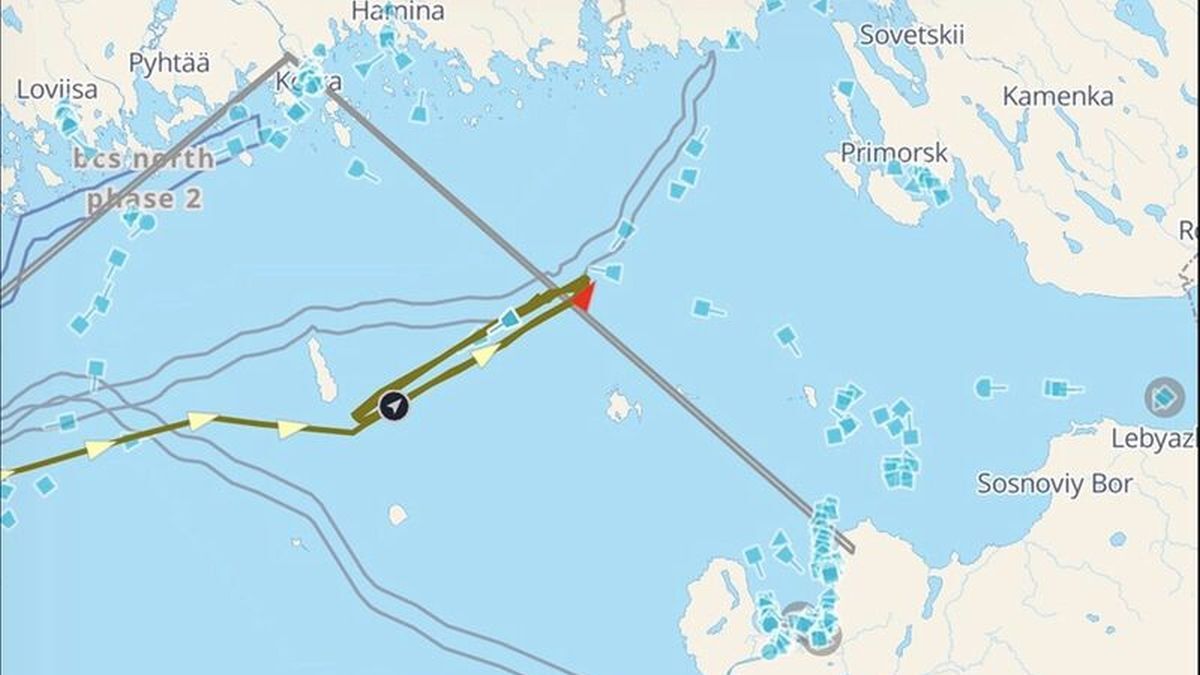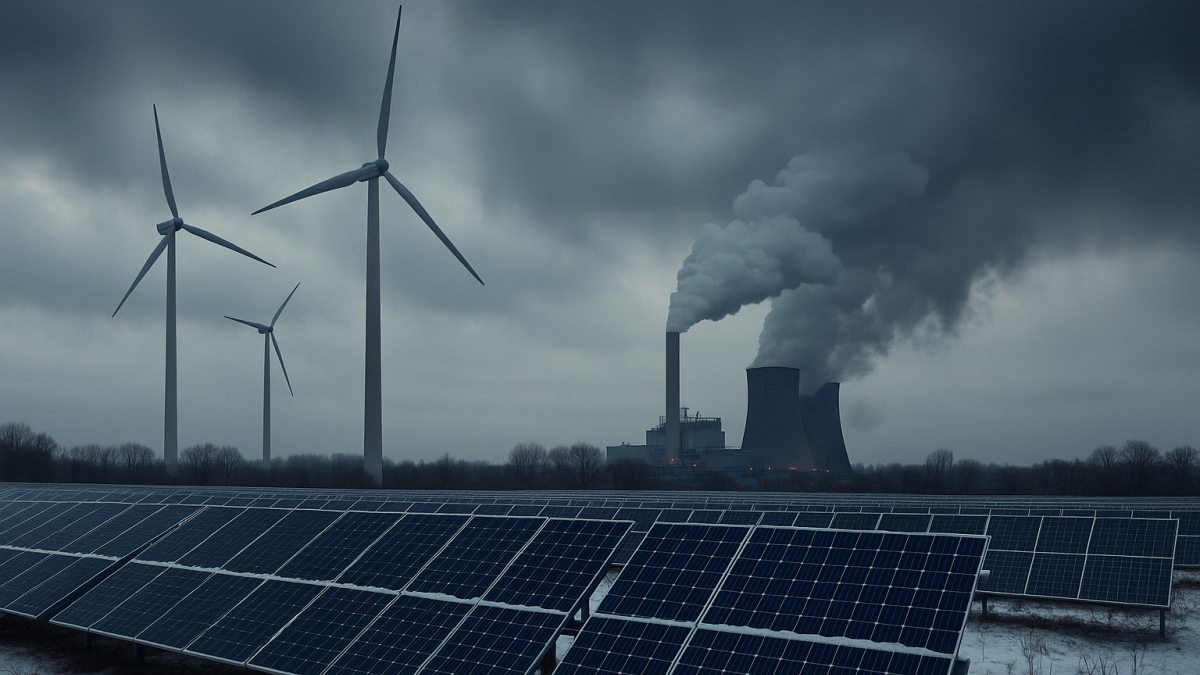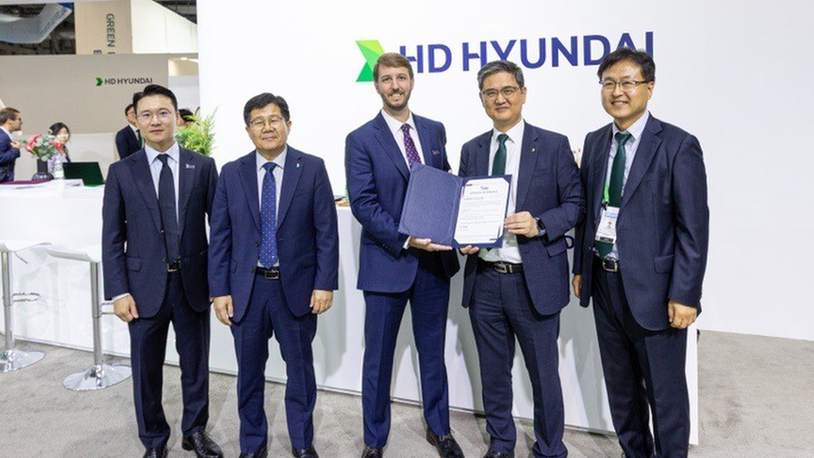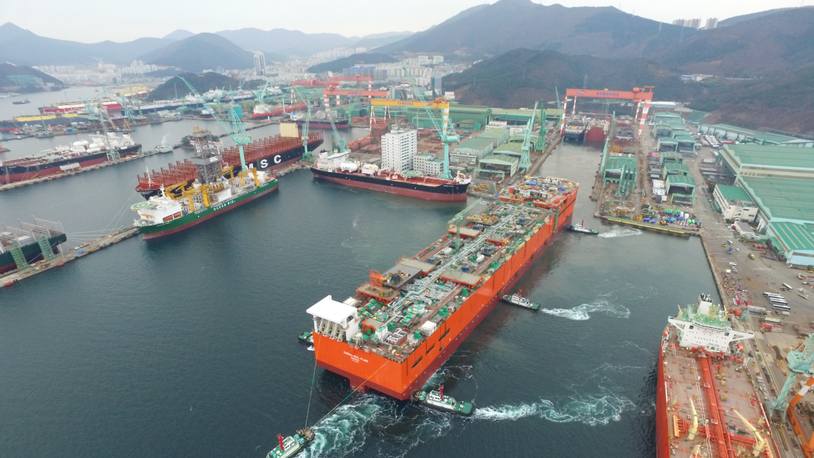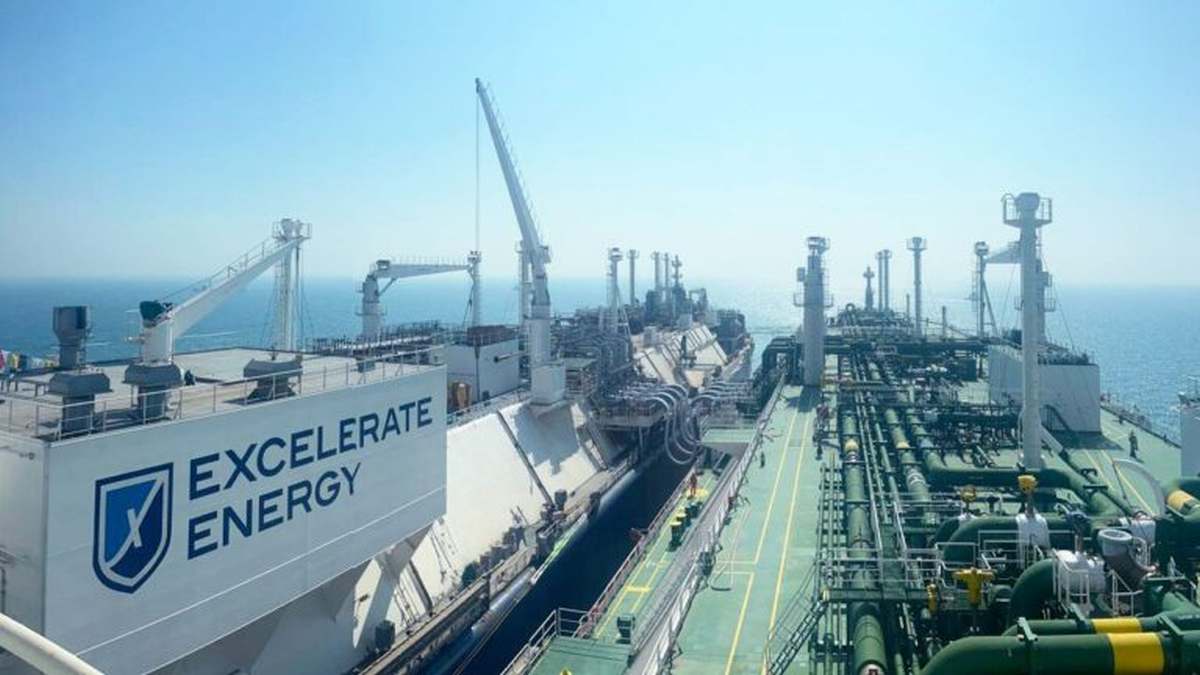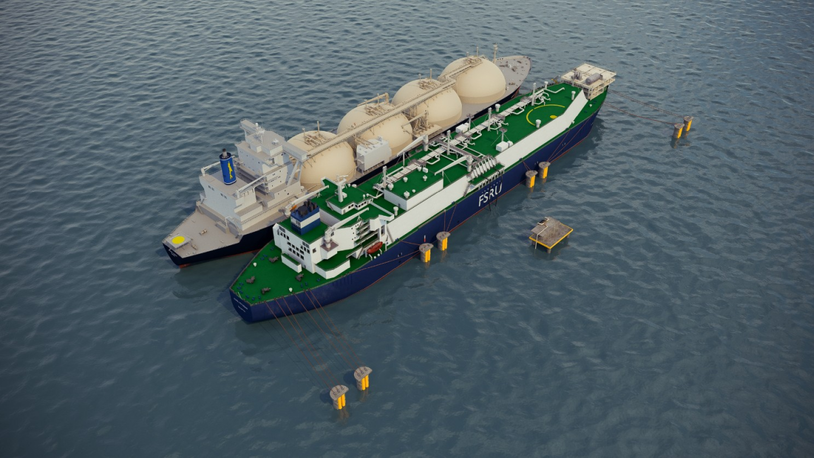Business Sectors
Events
Contents
Register to read more articles.
Qatar LNG poised for historic year
QatarEnergy president and chief executive, Saad Sherida Al-Kaabi, believes Qatar will sign its most LNG SPAs contracts this year, underpinning its massive North Field Expansion plans
When Qatar announced its intention to increase its LNG liquefaction capacity by over 64% two years ago, there were many who doubted the commercial sense of the project in light of the global energy transition.
There were some who were “demonising oil and gas investments,” Qatar minister of energy and QatarEnergy president and chief executive Saad Sherida Al-Kaabi told those attending the session at LNG 2023 in Vancouver in July. “People now realise the need for oil and gas, especially after what happened with the Ukraine war.”
Mr Al-Kaabi is outright bullish on the prospects for Qatari LNG, noting customers are “lined up to buy our LNG.” As a result, he said: “This year we will sign the largest quantity of contracts that we have ever signed in Qatar,” adding it will be “historic” for bother Qatar and the world. “I don’t think it will be repeated again,” said Mr Al-Kaabi.
“Customers are lined up to buy our LNG”
During a one-on-one interview on the main stage, Mr Al-Kaabi spoke candidly about the energy trilemma — security of supply, affordability and sustainability — and Qatar’s investments that will see its capacity grow from 77 mta to 110 mta by 2025 with the North Field Expansion (NFE) and 126 mta by 2027 with the North Field South Expansion project. The project will see the addition of six mega liquefaction trains.
Qatar exported 80.1M tonnes of LNG, trailing both Australia (80.9M tonnes) and the US (80.5M tonnes), according to the IGU.
One of the difficulties that developed nations must confront in the energy transition is that 1Bn people are “deprived of the basic electricity that we enjoy every day,” said Mr Al-Kaabi.
“People talk about transition and the need to stop investing in oil and gas. They forget that we can be selfish as developed nations and say, ‘You need to transition, and you cannot have oil and gas development and you cannot have energy,” he said. As the global population increases, this number is expected to grow to 2Bn by 2050.
Mr Al-Kaabi cautioned that the “intermittency of renewables” requires “sustainable and reliable baseload energy, like gas or nuclear” when the sun is not shining, and the wind is not blowing. “And,” he added, “the investment that is needed in all these renewables is huge and people think it is just going to happen.”
Mr Al-Kaabi stressed the approach to the energy transition needs to be pragmatic, striking a “balance between what we need for humanity, and how we can manage that properly.”
He said Qatar’s LNG production is being done in a responsible way. “Qatar has the largest CO2 sequestration site in the MENA region today,” he said, noting its annual injection capacity is 2M tonnes. As a result of its CO2 sequestration efforts and use of solar energy, Mr Al-Kaabi believes the carbon intensity of Qatar’s LNG is “the lowest in the world.”
And as far as affordability, Mr Al-Kaabi said QatarEnergy prefers to structure contracts with a long-term view at “fair and reasonable prices.” He cited two recent 27-year sales and purchase agreements, one with Sinopec and the other with CNPC, that will see Qatar’s LNG flow to Chinese buyers.
Related to this Story
Events
Offshore Support Journal Conference, Americas 2025
LNG Shipping & Terminals Conference 2025
Vessel Optimisation Webinar Week
© 2024 Riviera Maritime Media Ltd.


